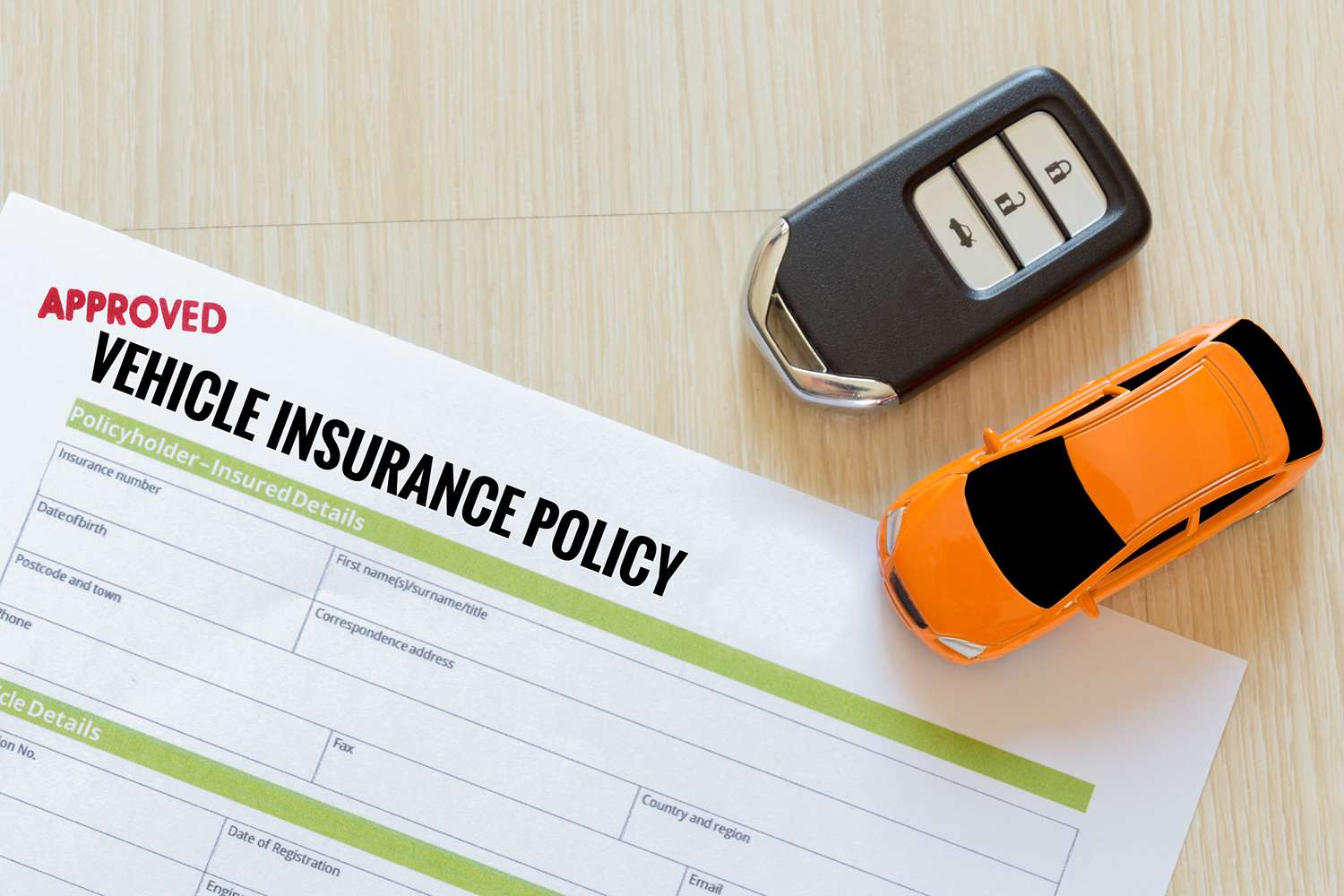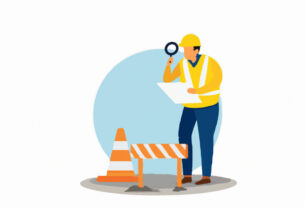Nearly every state requires drivers to have at least a minimum amount of liability insurance. However, there are many policies that go above and beyond the minimum to ensure that drivers are as protected as possible in the event of an accident.
One type of insurance that is not as well-known but might be something that you need is known as gap insurance.
What is Gap Insurance?
Gap insurance is a type of supplemental insurance policy that you may need when you purchase a new Chrysler, Jeep, Dodge, Ram for sale. The policy is used to cover the difference between a vehicle’s insured value and how much you still owe on the loan or lease. It is necessary if you want a policy that will cover the difference between what you owe on the vehicle and your auto insurance payout if your car is totaled or stolen before you’re finished paying for it.
Depending on where you get financing for your new car, you may be required to carry gap insurance for the duration of the loan or lease. This is especially true for vehicles that depreciate their value at a faster rate than average, such as certain types of SUVs or luxury sedans.
How Does Gap Insurance Work?
Your traditional comprehensive auto insurance plan only pays out a maximum claim payout of the value of the car right before the accident. Gap insurance covers the difference between that value and what you still owe your lender. If something happens to your car, you’ll first make your collision or comprehensive insurance claim.
Next, the company pays you the actual cash value of your car, less the deductible you owe. Then, if you still owe money on your loan or lease, you’ll file your gap insurance claim. For example, if you owe $20,000 on a car that is worth only $15,000, gap insurance will pay the remaining $5,000. Without the insurance, you’d be responsible for that money.
What Won’t Gap Insurance Cover?
There are a lot of common expenses that can come up when you’re in an accident, and it’s important to understand which ones gap insurance won’t cover for you.
The most important one is your deductible. Regardless of how much it is, you’ll need to pay it before any insurance agency pays out. It also won’t cover overdue payments, extended warranties, or security deposits on leased vehicles.
Other things you’ll need to pay for yourself include carry-over balances on previous leases or loans, lease penalties, or down payments for a new car.
Do I Really Need Gap Insurance?
Whether you need gap insurance depends on a few different circumstances. If your car loan or lease requires it, then you’ll need to carry the policy even if you don’t think that you’re going to need it.
If you owe more on your loan than your car is worth, it’s definitely a good idea to add this policy to your coverage. However, if you already own your car or if you owe less than the car is worth, you do not need a gap insurance plan.
If you need to add a gap insurance plan to your policy, talk to your insurance agency as soon as possible. They can help you make sure you have the coverage that you need.





